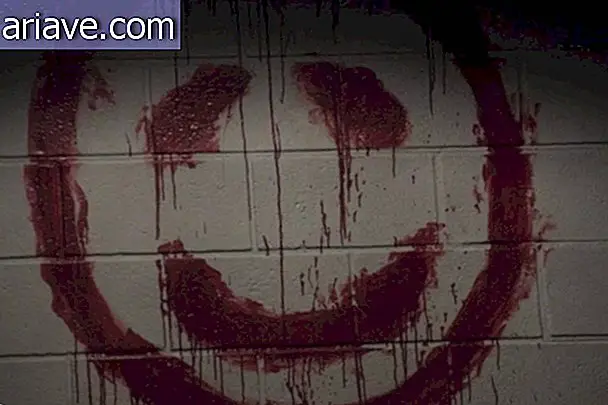Nazi Allies: See who contributed and profited from the horrors of war
In times of war, it is common for companies and industries to adapt and even completely modify their production lines to meet the most immediate needs of their countries during the conflict period.
Although Brazil is not a nation that we can call belligerent, even here there are guidelines - described in the National Mobilization Plan established by the Brazilian government - in case our country goes to war. It turns out that while these adjustments are necessary, many people take the opportunity to take advantage of the situation and profit from it. And this is not from today!
Profitable Nazism

World War II was a conflict marked by the involvement of more than a hundred countries, the deaths of thousands of military and civilians, and the Holocaust. According to a sensational report by Claudia de Castro Lima from Superinteressante, several famous companies not only made a lot of money thanks to the Nazis, but also contributed to their horrors. Be sure to read the full article here!
Claudia said many businessmen worked with the Nazis and joined the party, not to mention that they produced weapons, fired Jewish officials and, even worse, used them as slave labor. Numerous of these corporations - such as labs, vehicle makers, and telecommunications giants - remain active today, and we are surrounded by the products, services, and technologies they offer.
So, inspired by Claudia's report, we here at Mega Curioso have decided to release a series of periodic stories in which we will reveal who some of these corporations have negotiated with the Nazis and who are currently part of our lives - as well as some of the crimes committed by they. But before we present the first ones, how about checking the historical context of the time to better understand how it all happened?
Hitler Rise

Before Hitler came to power in 1933, general sentiment in Germany was still humiliating over defeat in World War I. In addition, the country's economy was also suffering from the consequences of the Great Depression, and the number of unemployed was over 4 million. In a nutshell, Germany was in shambles.
So all the Germans needed at that moment was a charismatic figure like Adolf Hitler. In 1932, the National Party of German Workers won a majority in parliament, and the following year Hitler was elected leader of the government. The Führer wanted Germany to become self-sufficient in the production of raw materials - such as rubber, textile fibers and non-ferrous metals - and did everything to encourage progress.
Nazi Allies: Germany's Coca-Cola Subsidiary

Hitler took every measure to prepare Germany for its imperialist plans, and businessmen of the time preferred to support the Nazis rather than the communists. Thus, when the US entered the war in 1941, many of its German subsidiaries continued to negotiate with their enemies, even with the genocide policy in full swing.
In other words, some companies did not fail to profit just because the Germans became the enemies of the world - not even when the horrors of the Holocaust began to surface. Many even contributed to the Nazis. And one such company was Coca-Cola's German subsidiary.
Fanta

We have already commented here at Mega Curioso that it was the Germans who invented Fanta. But what many people are unaware of are the circumstances of the launch of this soda. According to Manuel Villatoro of ABC.es, before the war began, the Germans had become big fans of Coca-Cola, becoming the largest consumer of the beverage outside the US.
It turns out that after the conflict began, the Atlanta headquarters broke off relations with the German subsidiary and suspended the shipment of ingredients for Coca-Cola production. Unable to import the products needed to prepare the original soft drink, the Germans decided to develop an option that could be produced from what they had available.
Thus, from ingredients such as fruit, apple pulp used for cider production, by-products of cheese making and sweeteners, Fanta was developed. And the idea worked so well that the drink also began to be brewed at Coca-Cola branches in the German-occupied territories - which took advantage of the slave labor in their factories. The American company publicly apologized after the war was over.











